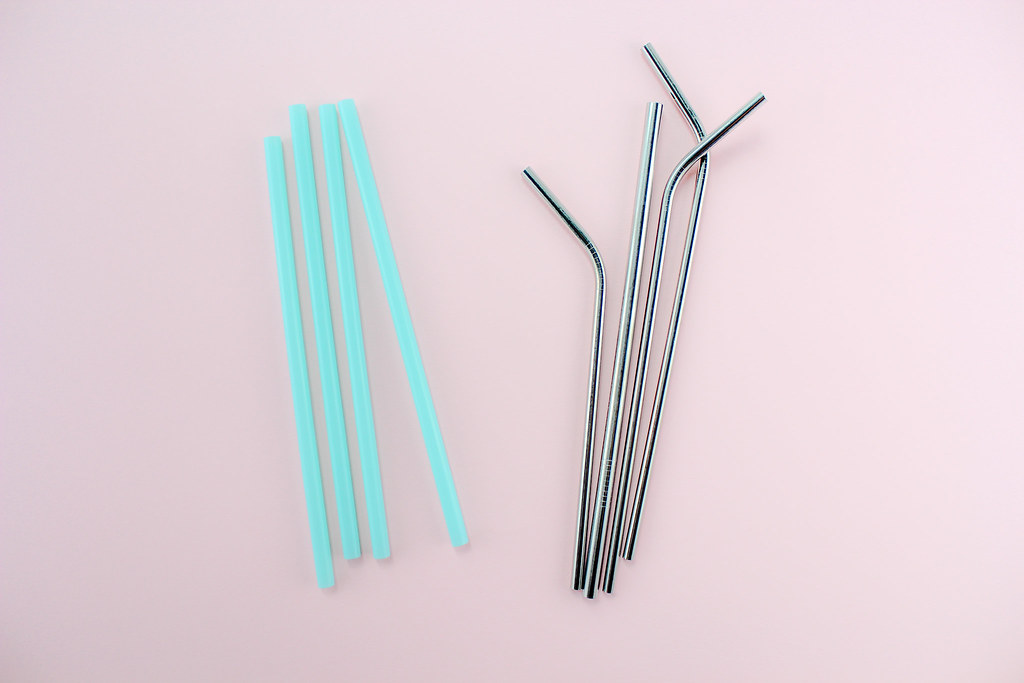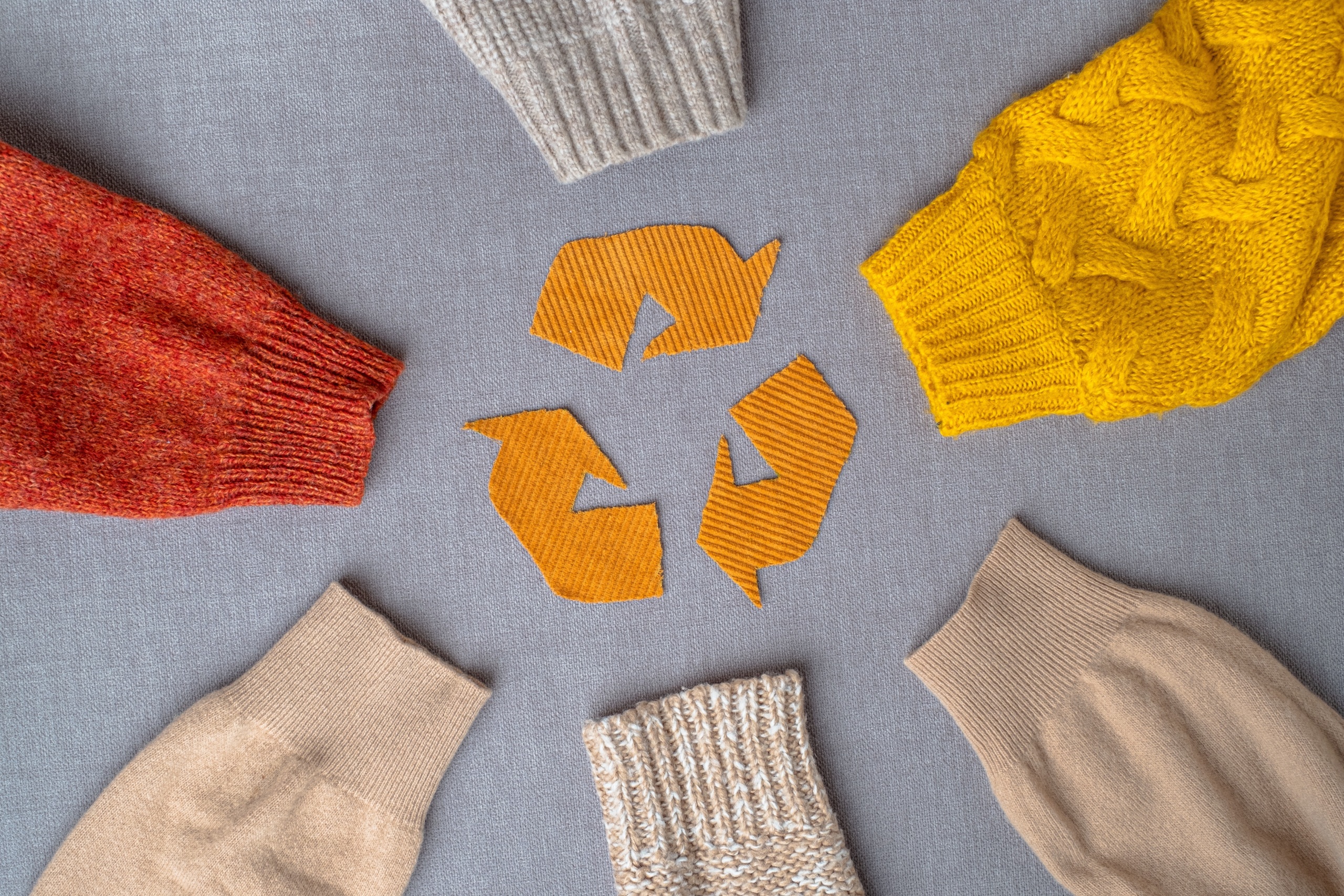Here’s what you do not have to do to save the planet
How to tune out the noise and focus on what matters.

It’s hard to be eco-conscious. Especially these days, when we’re constantly being bombarded with conflicting and confusing messages about what the “right” choice even is.
One moment, we’re told to buy reusable canvas grocery bags to reduce our plastic waste. Then, someone else tells us that canvas bags are even less eco-friendly than plastic ones. We sign petitions on social media to save the whales, or to stop deforestation, and next thing we know we’re being called “slacktivists.” We don’t want to pollute the air, yet we find ourselves idling in traffic — again — because we don’t have any other option to get to work or the grocery store.
Throw on top of that President Donald Trump subsidizing fossil fuel interests, rolling back countless environmental protections, and forcing the U.S. out of the Paris Climate Accord, it can be tempting to throw up our hands entirely. But we know that giving up is not an option – not if we want our kids to have an inhabitable planet in 50 years.
So how do we best use our limited time and energy to ensure a livable planet?
I’m not going to claim to have the answer. Our warming climate is a gargantuan existential crisis, and it would be as harmful as it would be naïve to say that there’s a silver bullet. So instead, in an effort to ease some anxiety and add clarity to this conversation, here are three things that you don’t have to do in order to save the planet.
1. You don’t have to buy “eco-friendly” products.
If you’re feeling pressured to buy metal straws, canvas bags, or bamboo utensils, you can breathe easier. If you don’t want to buy them, you don’t have to. In fact, the people selling you these products are sometimes just capitalizing on your sense of obligation to the environment. It’s good to be eco-conscious when making purchases, but buying new stuff isn’t the best solution. If you already have plastic bags lying around (or any kind of bag, really), you can use those first. If you already have utensils that work fine, just keep using those. Plastic pollution is a problem, yes –- but the solution is not for everyone to go out and buy a metal straw. The solution is for everyone to consider drinking straight from the cup, if you catch my drift.
2. You don’t have to sign every single petition.
Petitions are valuable, but not all petitions are created equal. And many, particularly those directed at the Trump administration, fall on deaf ears. So when you’re deciding which are worth signing, consider the fact that the most effective petitions are those that have a specific ask to a receptive target audience, like say, a lawmaker or business leader. Your John Hancock on a petition for “Governor X to veto Bill X that would expand logging permits in X State Wildlife Refuge” will go a lot further than your signature on a petition to “Stop Deforestation.”
That being said, there is a way to guarantee that your individual voice is heard by people who are making major decisions. As a policy is being developed, it is often required by law to go through something called “public comment.” Public comment can come in the form of in-person open meetings, but can also be in written form, similar to a petition.
State governments themselves usually publicize opportunities for public comment. In Mass., there are dozens of environmental policies up for public comment on the state’s website.
For instance, if you live in the Northeast, there is a regional climate initiative in the works that would reduce fossil fuel emissions and expand access to clean, affordable public buses and trains. It’s currently in the public comment phase, and you can help shape the policy here.
Public comment is an often-overlooked golden opportunity to influence a policy when the specifics are still malleable. Legally, the government is required to consider your voice — so raise it loud and proud.
3. You don’t have to be Greta Thunberg.
Put another way, you don’t have to solve the entire climate crisis by yourself. It’s hard to look away from the big picture, but it’s worth following conventional wisdom here and breaking this huge problem into smaller, more tangible pieces. That means staying local, and putting your energy into the things that you can do for your community. For example, if there is a grassroots organization that is urging your local school district to switch to electric school buses, you could show your support by showing up to an event, or if you’re up for it, even volunteering on a weekend.
The same goes for elections. Of course, it matters to take part in the well-televised and well-funded elections, but if a local school teacher has decided to run for city council and wants to reduce traffic and cut down on pollution in your community, you’ll find that a weekend of canvassing on her behalf, or even just a vote for her, will have a profound and tangible impact on your life.
While the climate crisis may feel gargantuan, the truth is that everyone can contribute to the solution. The key, however, is first filtering out the noise, and then taking stock of where you (yes you, specifically) can leverage your power and help stave off the worst effects of our warming climate.
Topics
Authors
Ethan Evans
Find Out More

Want a simple way to use less plastic at home? Ditch the detergent bottle

Voices for Sustainable Fashion

Tackle food waste this Super Bowl Sunday


